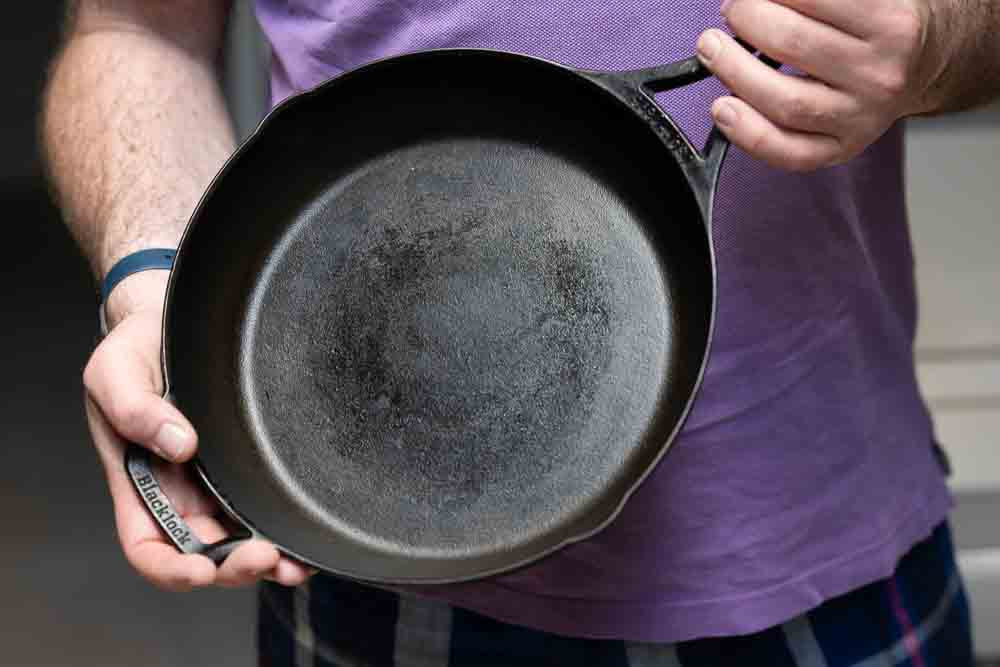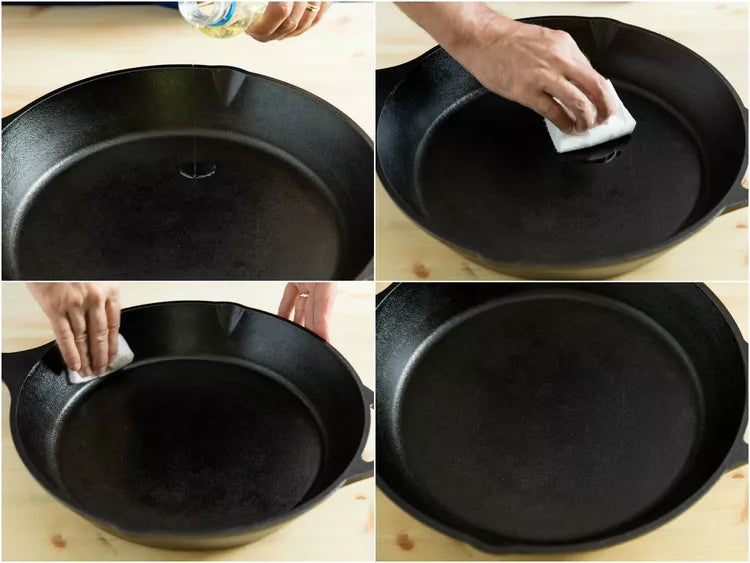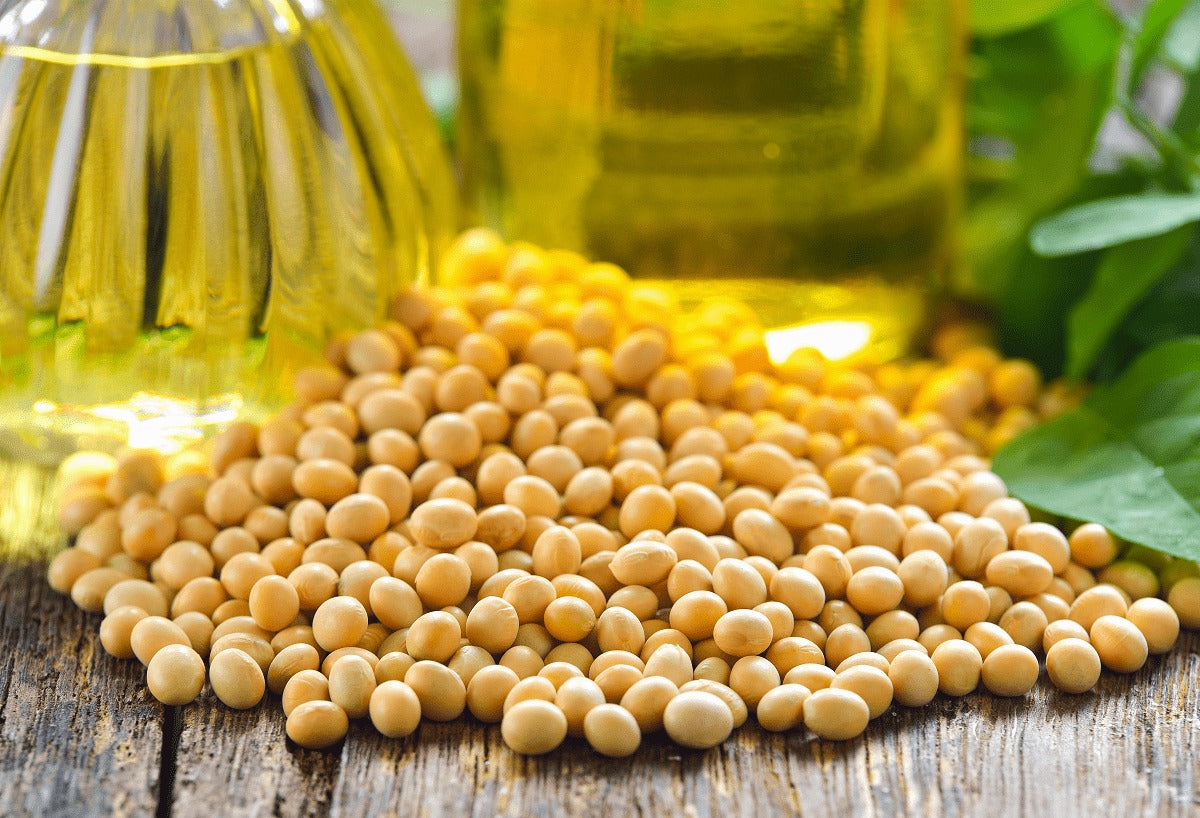When you're in the kitchen trying to create a culinary masterpiece, understanding how to cover a skillet without a lid can dramatically enhance your cooking experience. There's nothing more frustrating than wanting to simmer a dish perfectly but lacking the right equipment. This guide offers kitchen professionals a range of remarkable alternatives and techniques to keep your food moist, flavorful, and perfectly cooked.
Using a lid is a common practice in cooking, especially for sauting and steaming. However, for various reasons, you might find yourself without an appropriate lid. Don't fret; this article has the information you need. From using foil to employing innovative kitchen gadgets, we'll cover everything that can turn your cooking session into a remarkable experience.
:max_bytes(150000):strip_icc()/1-TheSpruce_CamrynRabideau1-c5e33b19b848450c903729034e6e4949.jpg)
Understanding the Importance of Covering a Skillet
Covering a skillet is essential for retaining moisture, concentrating flavors, and enabling the food to cook evenly. It is crucial especially when you're preparing dishes like casseroles, risottos, or slow-cooked meals. Without a lid, cooking can be unpredictablenot ideal for the precise work of a kitchen professional. So read on for viable solutions.
1. Aluminum Foil: A Simple Yet Effective Solution
One of the easiest and most accessible methods for covering a skillet without a lid is using aluminum foil. Simply tear off a piece that is large enough to cover the skillet and mold it over the top. This technique works particularly well for:
- Steaming vegetables
- Making sauces
- Cooking rice or grains
Aluminum foil not only traps steam but also helps in cooking food evenly. You can also use it to create a tight seal, which is particularly important for simmering dishes.
2. Baking Sheet: The Big Approved Cover Alternative
If you have a baking sheet that fits over the skillet, you can use that as a cover. The flat surface allows for uniform heat distribution while covering the skillet. This method is particularly effective for:
- Roasting vegetables
- Slow-cooking meats
- Making covered dishes
Pasta dishes or risottos can benefit significantly from the use of a baking sheet. Just remember to keep an eye on it to ensure even cooking.
3. The Plate Method: A Suitable Temporary Measure
Another unmissable option is using an appropriately sized plate to serve as a cover. While this might not create a perfect seal, it will suffice for many sauting and simmering tasks. Its handy for recipes like:
- Sauting mushrooms
- Cooking stir-fries
- Simmering sauces
A plate can also allow you to monitor your food, making it a solid choice for dishes where you want to keep an eye on texture.
4. Using an Oven Bag: A Tremendous and Unique Technique
If you're adventurous, consider using an oven-safe bag to cover your skillet. The bag traps steam effectively, promoting humid cooking. *Oven bags are terrific for:*
- Cooking whole chickens
- Slow-cooking soups
- Preparing stews
While this might not be the first choice for everyone, it's a great way to keep your kitchen interesting and your food delicious.
5. Other Covers: Kitchen Technology at Your Service
For those embracing culinary technology, consider investing in specialized silicone lids or mats. These covers conform to various sizes and shapes of cookware, providing a great seal that retains moisture. They're perfect for:
- Healthier frying
- Cooking seafood
- Stir-frying vegetables
Silicone lids are also microwave-safe, adding to their versatility.

Frequently Asked Questions (FAQs)
What can I use to cover a skillet?
Items like aluminum foil, baking sheets, plates, and silicone covers can effectively substitute a traditional skillet lid.
Can I cover my skillet with plastic wrap?
No, plastic wrap is not heat-resistant and can melt, potentially contaminating your food.
How do I prevent food from drying out?
Using a tight cover will help maintain moisture. If you're using alternatives, ensure that they're sealed properly to avoid steam escaping.
For more kitchen insights, be sure to check out how to clean cast iron skillets and how to season cast iron. Both will help in keeping your cooking tools in top shape!
As an Amazon Associate, I earn from qualifying purchases.






Leave a comment
This site is protected by hCaptcha and the hCaptcha Privacy Policy and Terms of Service apply.